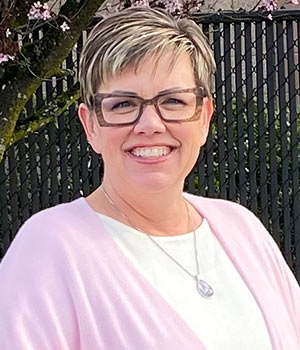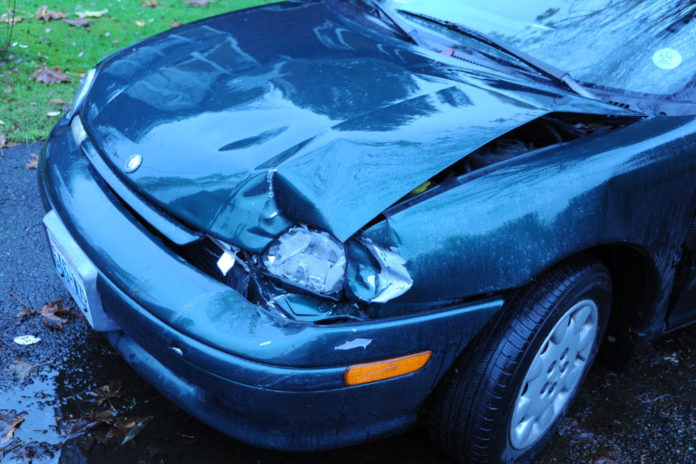
You’ve been in an accident, now what? The insurance company may have given you a list of shops to go to. How do you decide who fixes your car? There are two general types of shops – DRP and non-DRP. If you haven’t been in an accident before, or it’s been awhile, you may be unsure of what shop to choose. Keep in mind it is your right to choose who fixes your car. I’ll share my perspective from having experienced both sides as a repair professional.
First off, DRP stands for Direct Repair Program. This program is the relationship between an auto body repair shop and an insurance company. A body shop signs an agreement with an insurance company where (in theory) they both win. Notice, I didn’t mention anything about the customer winning here. Let me explain below how this benefits everyone but you, the consumer!
The agreement may specify the repair shop completes repairs with a specific number of used, repaired or aftermarket parts, over new parts to save the insurance company money. The agreement could also specify that “their” (the insurance companies’) customers go to the front of the line, before other customers so that they pay less on replacement rental cars, as well as no storage fees charged if declared a total loss.
The more money that a body shop saves an insurance company, the higher on the list that shop’s name goes. If a shop doesn’t put the aftermarket parts on, or replaces a panel that needs to be replaced vs. repairing panels how the insurance company wants to save money, the body shop will be moved lower on the list. The body shop gets more customer referrals the higher up their name is on the list. This provides them with all the incentive they need to do the least costly repairs as possible. Least costly in most cases means not up to the manufacturer specifications. Manufacturers (Toyota, Honda, Chevy, etc.) specify how their vehicles need to be repaired to ensure the highest level of safety. Some repair shops do not even pay to have access to each manufacturer’s specifications for repairs. Yes, we repair shops have to pay manufacturers for this information in order to complete the safest repairs.
Why would a shop want to be on a Direct Repair Program? Referrals have to be the biggest reason. Imagine a solid line of customers being sent to your doors. It sounds good, again, in theory. How can a DRP shop stay in business when the insurance company wants to pay them as little as possible? Profit margins are not big in the auto body repair industry, so how can a shop survive if they are giving discounts? We have seen instances of body shops charging for a new part, but actually put on a used part or repaired the existing damaged part. We have seen instances of body shops cutting corners on repairs to increase their profit on a particular repair. This saves that shop money, and in turn the insurance company; at your expense and potentially putting your safety at risk.
Let’s talk about a non-DRP shop. This is a shop that does not have any contracts with insurance companies. They work for their customers, with their customers’ best interest in mind. A non-DRP shop receives no referrals from insurance company claim departments. They rely on word of mouth from satisfied customers, which benefits you, the consumer. Who do you think is more likely to do a better job on your repairs, a shop trying to please the insurance company or a shop that is seeking satisfied customers for referrals?
Recently a customer was referred to us for repairs and when we asked them how they heard about us, they responded with, “a family member that works as a fraud investigator for a major auto insurance company referred us to you and said you are the best.” Now if an insurance company employee refers their family to us for repairs but refers their customers to a DRP shop, it makes you wonder why.
We had multiple insurance contracts up until a couple of years ago when we decided to finally terminate all of them and have our customers’ safety as our No. 1 priority. Now, the safety of our customers was always our priority, but when you are a DRP shop, you are told to fix cars in a way to save the insurance company money. When you don’t fix them the way they want you to, you literally go to the bottom of their list. I have heard insurance company representatives disregard quality standards because they say that the average person is going to sell their vehicle before the workmanship issue shows up, multiple times! All this does is pass that unsafe/lesser quality repair onto the next unsuspecting person buying the used car. Think about that the next time you are in the market to purchase a used vehicle … but that is a topic for another day.
Who is the DRP Shop’s most important customer? The insurance company that sends in the business or the actual person having their vehicle repaired? I would recommend you use a DRP shop, if time, or having the insurance company guarantee the repairs, are the most important attributes you are looking for. However, if your safety is what matters most, then maybe a non-DRP shop is the way to go. Either way, do yourself and family a favor and ask more questions about how they fix cars and read reviews.
Deana Morse and her husband Kevin own Elite Collision Center, Inc., in Battle Ground. She can be reached at deana@teammorse.com.





